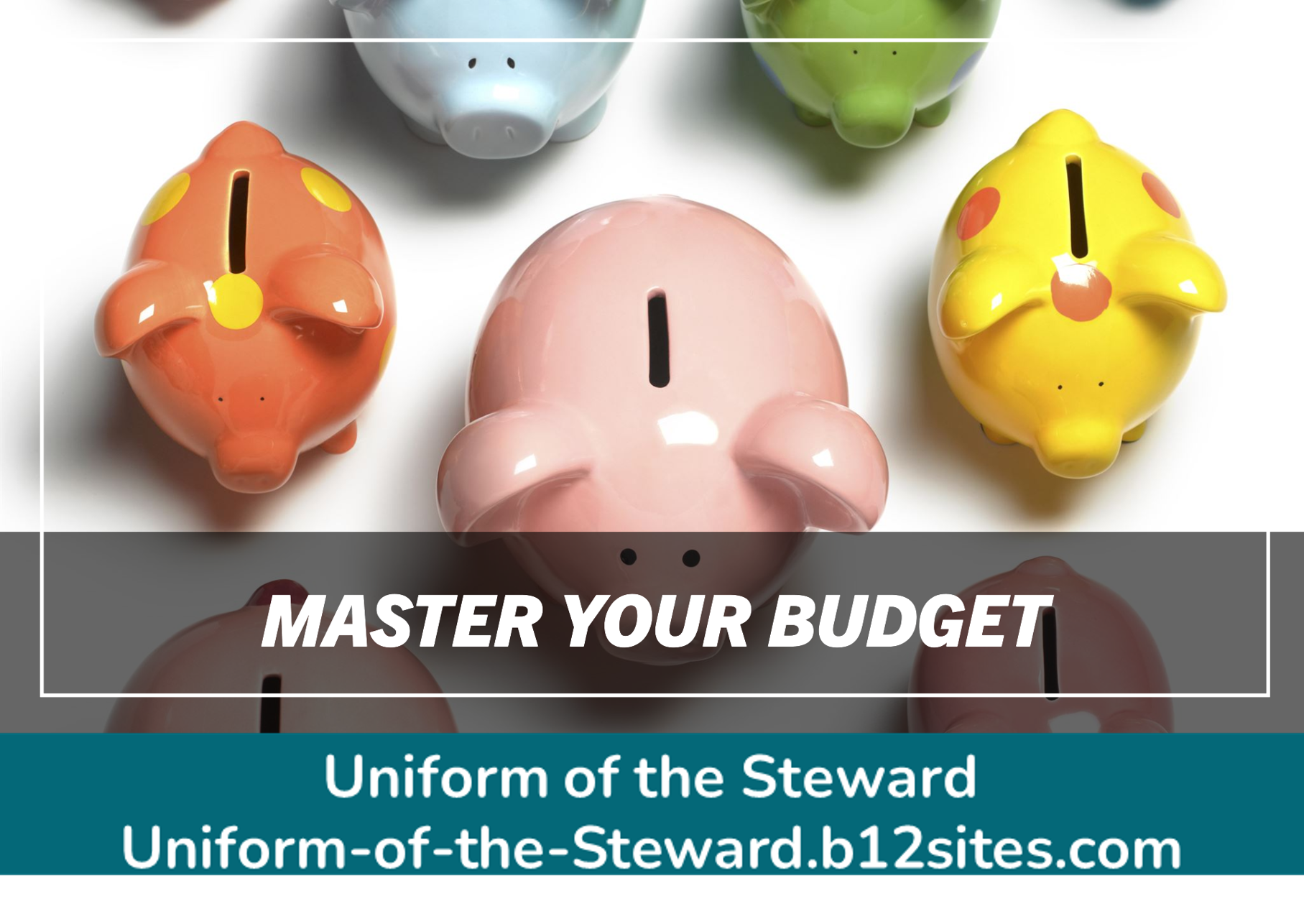
Imagine this: It’s payday. Your account gets that sweet cash infusion, and for a brief moment, you feel unstoppable. But fast forward two weeks (or less), and you’re looking at your account thinking, Where did it all go? Sound familiar?
This cycle is more common than we’d like to admit. Whether you’re paid weekly, bi-weekly, or monthly, one thing is true—your pay cycle can either be a tool you master or a trap that masters you. And as stewards of what God has entrusted us with, mastering this is more than just a good financial habit. It’s a reflection of our faithfulness.
Let’s dive into some practical (and slightly entertaining) ways to budget based on your pay cycle—because we know God loves a cheerful (and responsible) giver.
1. Understand Your Pay Cycle and Its Patterns
First things first: Do you even know your pay cycle? (Yes, it’s okay to admit if you don’t.)
Knowing when and how you’re paid allows you to set realistic timelines for your expenses. If you don’t track it, it’s hard to control it.
2. Live by the 10-10-80 Rule
This classic stewardship formula is gold:
3. Break Down Big Expenses
If your paycheck doesn’t match the due dates of your big bills (like rent or mortgage), don’t panic. Here’s how to hack it:
Consistency is key. Discipline wins over drama every time.
4. Create Guardrails for Spending
We’ve all been there: I’ll just grab a coffee… Oh look, a sale! Before you know it, small splurges snowball into significant setbacks.
Here’s a strategy:
Proverbs 21:20 reminds us, “The wise store up choice food and olive oil, but fools gulp theirs down.” Translation: Don’t eat (or spend) it all at once!
5. Plan for the “Extras”
Ah, those two “extra” paychecks if you’re on a bi-weekly schedule. Or that end-of-year bonus.
Don’t treat these as a green light for frivolity. Instead:
Treat these “extras” as divine opportunities for impact, not excuses for indulgence.
6. Involve God in the Process
Budgeting isn’t just a practical exercise; it’s a spiritual discipline. It’s acknowledging that every dollar we earn belongs to God first and foremost.
Remember Matthew 6:21: “For where your treasure is, there your heart will be also.” Let your budget reflect your true priorities.
Why This Matters for Christian Leaders
As influencers in Christian leadership and stewardship, we’re called to lead by example. Whether you’re mentoring someone, preaching to a congregation, or simply managing your household, your financial habits speak volumes about your values.
Mastering your budget isn’t about achieving perfection; it’s about practicing faithfulness. It’s about showing that when we manage our finances well, we’re freed up to serve others better, give generously, and focus on what truly matters.
Let’s hear it from you:
Share your thoughts below! Your wisdom might be exactly what someone else needs to hear today.
Stay updated on our exclusive spiritual and practical insights, engaging exercises, and resources that foster personal growth! Sign up to receive our newsletter.